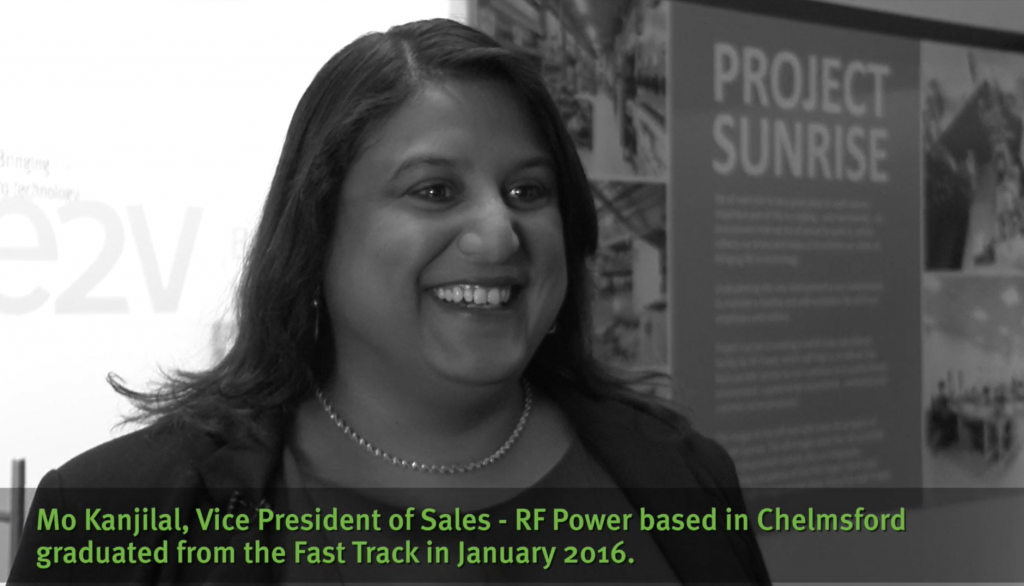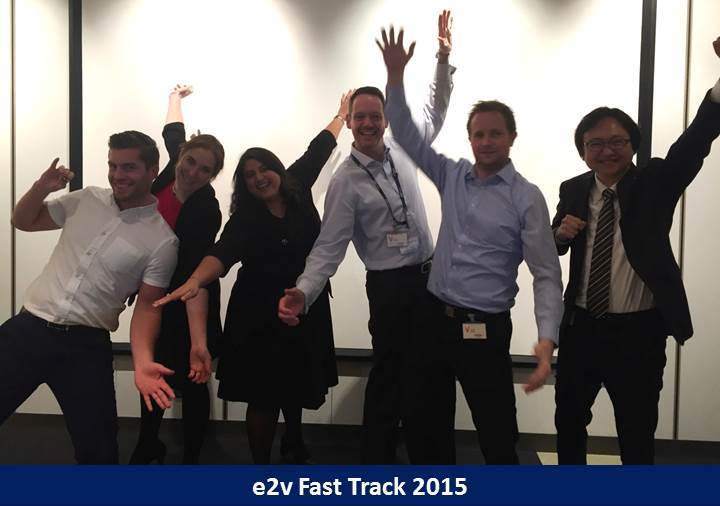Do you have a vision for the future leaders of your organisation?
You may already be working on how to attract top talent from other places to join you to bring that vision to life?
Have you considered that your future leaders could be people who are already in your organisation?
It might be that you have plenty of talent from diverse and wide-ranging perspectives and backgrounds who are ambitious, keen to learn, and unsure how to progress their careers.
It’s a common story we often hear. People are ambitious and want to progress their career, but they find they are overlooked by their employer. So they leave their roles and seek more senior roles elsewhere, or often it’s that they just don’t know what they can do to progress their career. So they feel stuck, frustrated and find themselves looking around for other roles for those opportunities they are looking for.
These are the people you could be investing in to develop as those future leaders. They could be the people you nurture, and retain so they develop their careers and stay, learn and progress. How do I know this? Well I was part of a ‘Fast Track’ leadership programme myself. And from it, I learnt so much, expanded my network and gained a much greater understanding of my strengths, skills and development areas.
Why have talent programmes?
Increasingly we see that organisations are looking at programmes to develop the talent they have to show people career paths and help them progress their careers. With 81% of employers currently trying to recruit, and it costing an average £62,000 to hire a new person, it makes sense to spend that time and money developing people already within your organisation. We see a wide range of employers doing this, from local councils to companies, there is a growing desire to focus on developing the people you have.
There are different ways of doing this. The programme I joined was open to anyone to apply for, with an application and interview process, and then candidates chosen by Directors. Some employers focus the programmes on particular under-represented groups. So it might be a programme for people from different ethnicities, or a programme for women, or those with disabilities. The design of the programme should be driven by data about where your gaps are and where you need to focus more attention. Then you can create a programme to help develop people into leadership roles.
Ideas for running the programme
To run a programme like this, you either need to have people within your team who have time to run it, or seek external help from providers who have run similar programmes. And then think about the different elements involved and how you want to open it up to people. Here are the steps we recommend:
- Type of programme – is it open to everyone who wants to apply or targeted at specific groups?
- Application and selection – how will people apply and how are you going to select people?
- Duration of programme – how long will the programme run for, and what is the commitment of time?
- Mentors or sponsors – is each person going to be matched with a mentor or sponsor?
- Programme content – what training and coaching are you going to provide as part of the programme?
- Communication – what are you going to tell people in the organisation about the programme?
The last point on communication is key. Managers need to be bought into the programme to put people in their team forward and support them. Senior leaders need to understand it, and everyone needs to understand the value of people spending time on something like this. If you are going to have mentors or sponsors, then there needs to be an understanding of the importance of that role, and perhaps training provided for those people as well. And your communications can be shaped by that data-driven message about why this is important, to ensure you communicate why people need a talent development programme like this.
Think about the outcomes you are looking for from this and how you will measure and demonstrate success. There should be an understanding that participating in a programme like this does not guarantee people will stay with you. It might open their eyes to roles elsewhere. If that’s the case, they will do that with a great appreciation for the help they have had to progress their career so this will drive your reputation as an inclusive employer.

Success of the programme
For the programme I was part of, there was several elements which were different to many programmes like this. We worked on a change project to drive organisational change, and we had a mentoring programme where we were each matched with a mentor. We also had sessions with each person on the Board for them to talk to us about their career journeys and how they developed their careers. This was in an international organisation, so there was a lot of learning about working across cultures as part of the programme. And we were encouraged to develop our networks to progress our careers.
We had a celebration event at the end of the programme, and as I look at the cohort now I can see that a high percentage of the people on the programme progressed their careers. There are some people like me who pursued careers elsewhere, but there are those who stayed and progressed to more senior roles.
Programmes like this need dedicated people to run them as there are a lot of logistics as well as the design and learning content. There is thinking to do around the type of training to offer, coaching, mentoring, and feedback along the way – and with these programmes, it is important not to promise people things which cannot be delivered on. Participating in something like this does not guarantee a promotion and it’s important to be clear about that.
The benefits are clear from running this type of programme. We have seen many examples of this type of focus delivering on addressing inequalities and nurturing talented people into senior roles. With planning and thought around how to run something like this, you create those inclusive leaders of the future who will take your organisation forwards. These could be the people to drive the change you are looking for.

We are currently running programmes like this with employers who want to develop diverse talent into senior roles. If this is something you are interested in find out about, email hello@watchthisspace.uk for more information.
Header image credit: Cultura Creative
